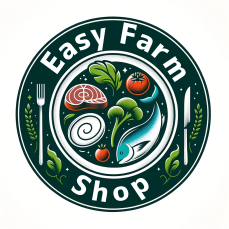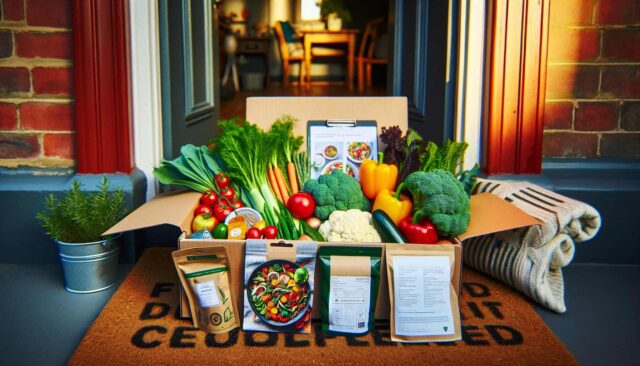Assessing the Ethical and Sustainable Nature of Food Recipe Boxes
In the evolving landscape of the food industry, food recipe boxes have emerged as a popular alternative to traditional grocery shopping. These boxes, which deliver pre-portioned ingredients and recipes directly to consumers, are not only convenient but also claim to offer a more sustainable and ethical approach to eating. This article delves into various aspects of food recipe boxes to evaluate their ethical and sustainable credentials.
Environmental Impact
One of the most significant benefits of food recipe boxes is their potential to reduce food waste. The precise portioning of ingredients ensures that consumers receive exactly what they need for their meals, minimizing leftovers and reducing the amount of food that ends up in landfills. This aspect is crucial, considering that food waste is a significant contributor to greenhouse gas emissions globally.
Moreover, some recipe box companies are taking strides in sourcing their ingredients locally and organically, which can reduce the carbon footprint associated with long-distance transportation. However, this varies significantly among providers, and the overall environmental impact also depends on factors like packaging and distribution.
Packaging and Waste
The packaging used in food recipe boxes is a critical component of their sustainability. While some companies have started using recyclable or compostable materials, the volume of packaging required to keep ingredients separate and fresh can still be a concern. The sustainability of these boxes can be significantly enhanced if companies continue to innovate in eco-friendly packaging and encourage customers to recycle.
Ethical Considerations
From an ethical standpoint, it’s important to consider how these companies contribute to their communities and the broader food system. Are they supporting fair labor practices? Do they ensure fair wages and good working conditions for their employees? Do they engage in partnerships that support local farmers and sustainable agricultural practices? Ethical companies in this space often prioritize these aspects, ensuring a positive impact on both local communities and the environment.
Health and Nutritional Value
Food recipe boxes also have the potential to promote healthy eating by providing nutritionally balanced meals. This is particularly beneficial for individuals who might lack the time or culinary skills to prepare such meals independently. However, the nutritional value can vary among different service providers and meal options.
Consumer Role
The role of the consumer is pivotal in driving the industry towards more sustainable practices. By choosing services that prioritize sustainability and ethical practices, consumers can encourage wider adoption of these practices in the industry.
Conclusion
In conclusion, food recipe boxes can be both ethical and sustainable, but this largely depends on the practices of individual companies. Those prioritizing environmentally friendly packaging, ethical labor practices, local sourcing, and nutritional value can offer a more sustainable and ethical alternative to traditional food shopping. As the market for these services grows, continuous improvement and consumer awareness will play critical roles in shaping a more sustainable future for the food industry.

